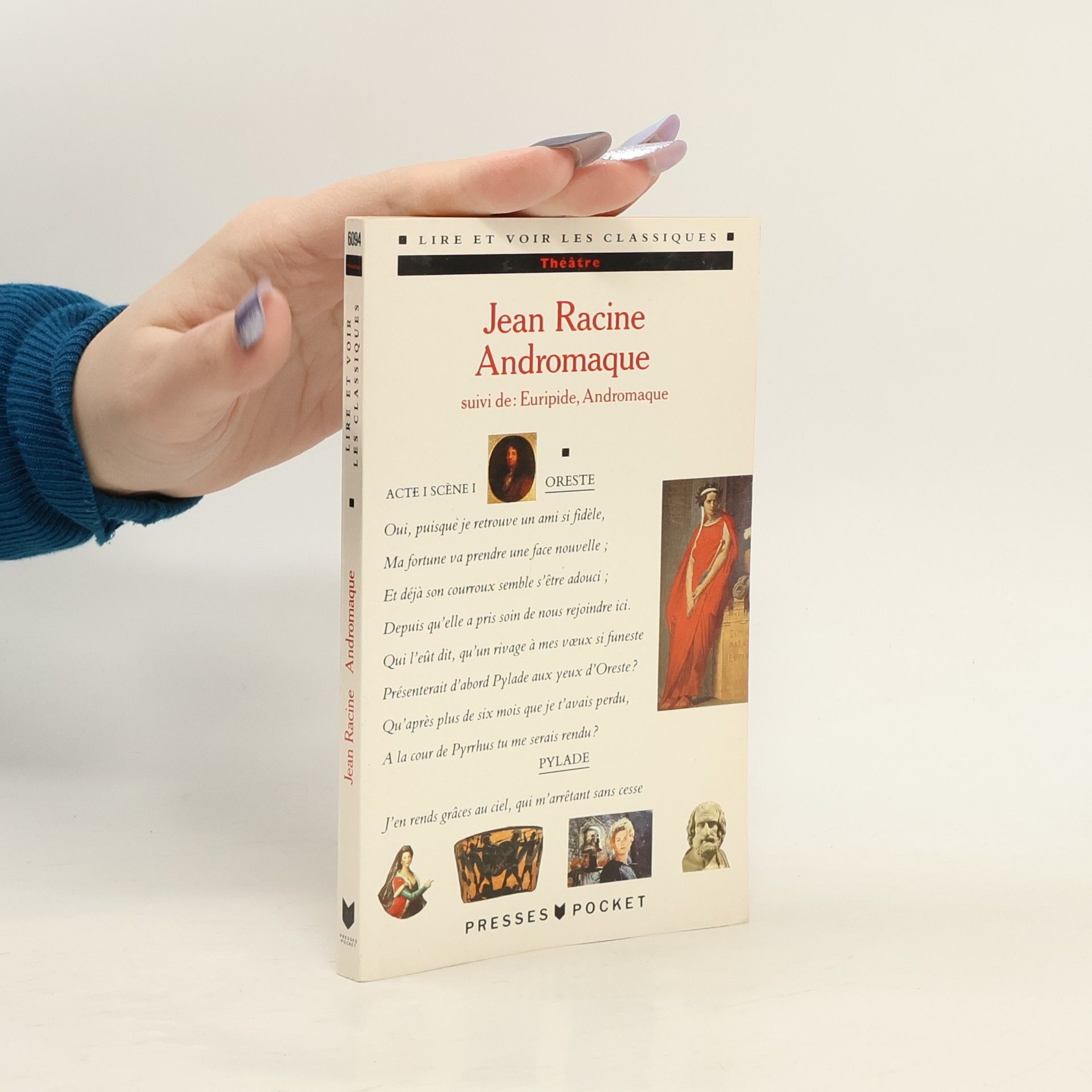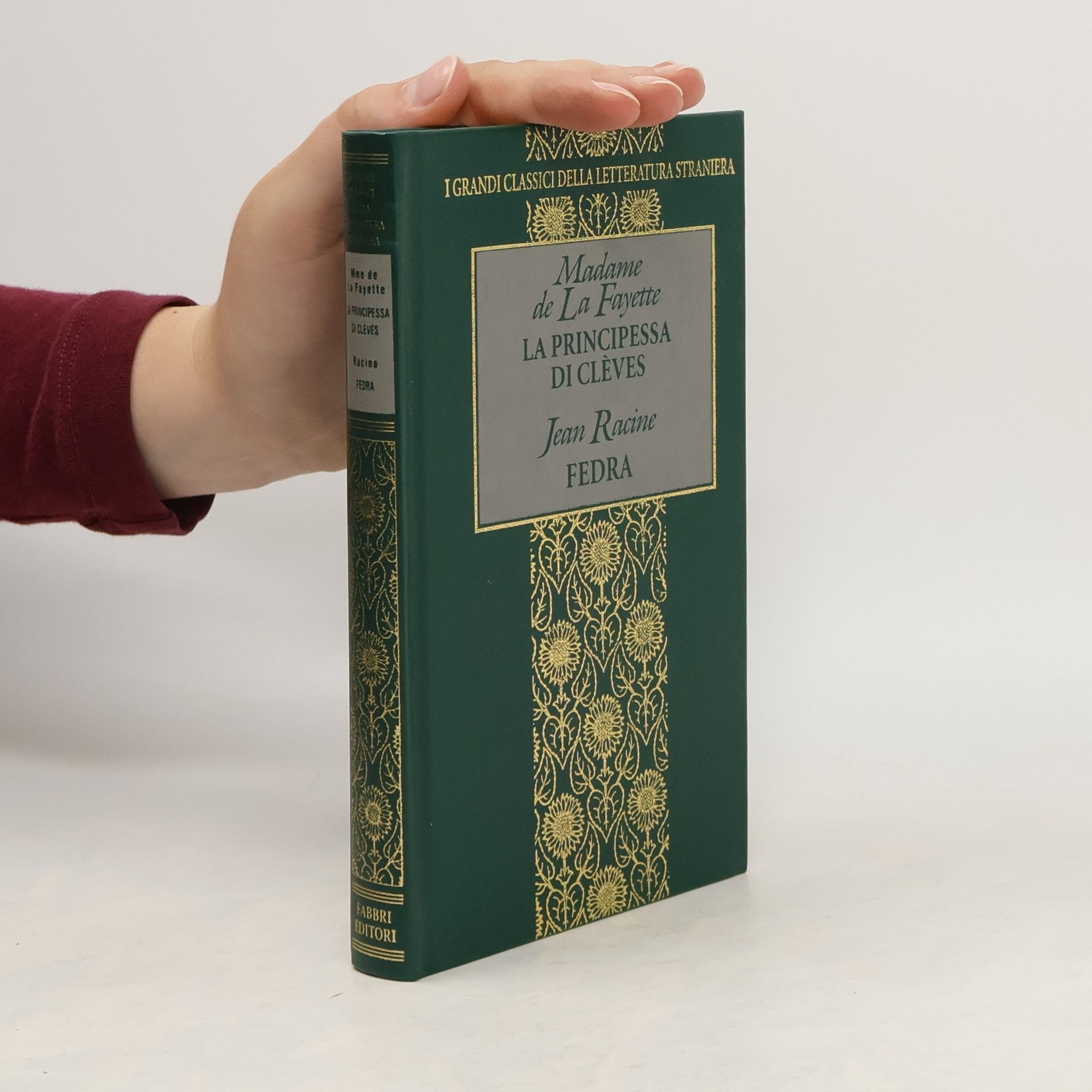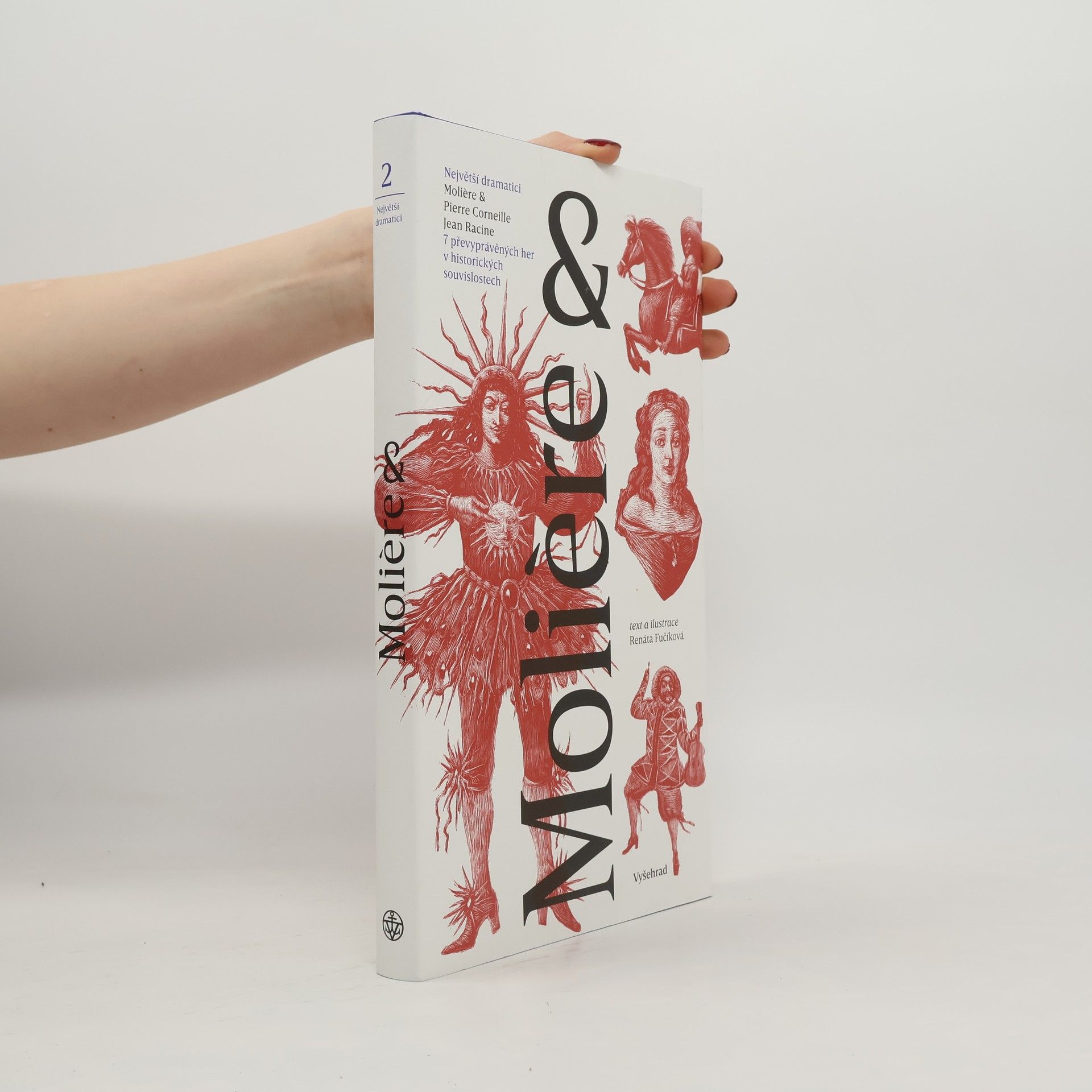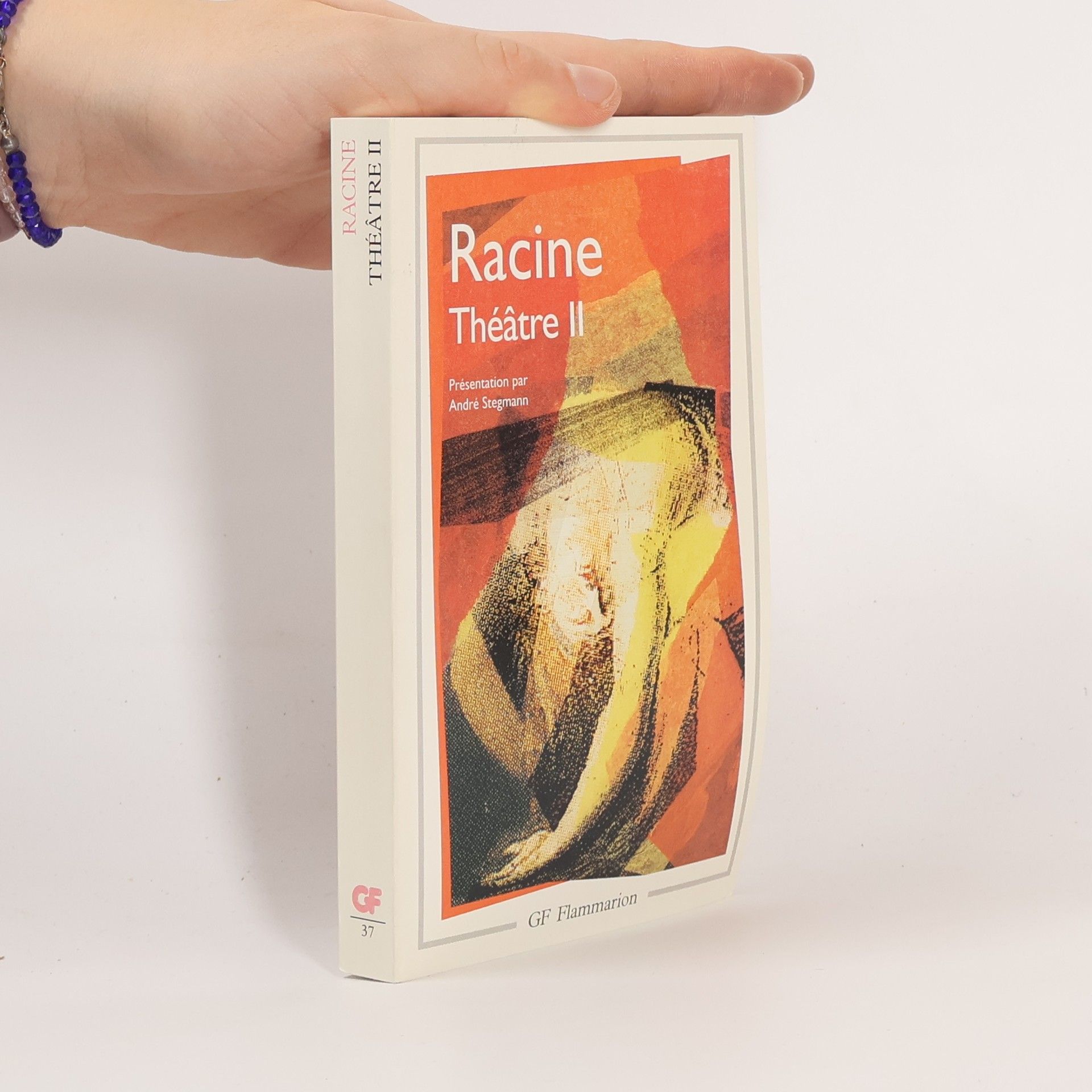A Parigi, nel momento più fulgido della Renaissance francese, Mlle de Chartres - sposata al principe di Clèves - si innamora dell'affascinante duca di Nemours. Legata al marito da profonda stima e affetto, decide di confessargli i propri sentimenti. Narrato in una scena tra le più celebri della letteratura francese, questo gesto si rivela gravido di conseguenze per tutti i personaggi Scritto da una dama della corte del Re Sole, colta e raffinata, amica di La Rochefoucauld e di Mme de Sévigné, e pubblicato anonimo nel 1678, La principessa di Clèves segna una tappa importante nella storia della narrativa occidentale. In nome della verosimiglianza della trama, della verità dei personaggi, dell'eleganza degli strumenti espressivi, La principessa di Clèves rompe con le inutili lungaggini del romanzo barocco, ed è considerato il primo romanzo psicologico. Con i dilemmi interiori della sua principessa, in bilico tra fosca inquietudine e penetrante lucidità, Mme de Lafayette ha affascinato lettori d'ogni epoca.
Jean Racine Libri
Jean-Baptiste Racine si erge come una figura di spicco del dramma francese del XVII secolo, celebrato per la sua profonda intuizione psicologica e la nuda intensità delle sue narrazioni. La sua drammaturgia è caratterizzata da un focus sulle passioni predominanti e da un approccio scarno sia alla trama che alla messinscena. Sebbene sia conosciuto principalmente per le sue tragedie, la sua esplorazione di temi classici, in particolare della mitologia greca e romana, rivela un impegno unico verso i conflitti umani duraturi. L'opera di Racine offre un esame potente e duraturo della condizione umana attraverso la lente delle forme classiche.







Set in a dramatic framework, this 1691 tragedy showcases the culmination of Jean Racine's literary genius. Critics have hailed it as a masterpiece, with comparisons to Oedipus Rex for its beauty and depth. The play is infused with themes of divine presence, earning praise for its poetic structure, which some argue surpasses Aristotelian standards. Renowned literary figures have celebrated its emotional intensity and profound moral questions, solidifying its status as Racine's final and most significant work.
Andromaque
- 223pagine
- 8 ore di lettura
Oreste aime Hermione, qui aime Pyrrhus, qui aime Andromaque, qui aime Hector, qui est mort... Pris dans une chaîne amoureuse sans issue, comment pourraient-ils s'en sortir ? De fait, quand le rideau s'ouvre, tous les éléments de l'étau tragique sont déjà prêts à se refermer sur les personnages : prisonniers de leurs passions, leur perte est inéluctable. Racine orchestre avec délectation leurs débats impuissants, leurs actions désespérées, et leur terrible fin, pour le plus grand plaisir du spectateur et du lecteur. Modèle par excellence de l'écriture classique, Racine n'en reste pas moins d'une modernité étonnante : sa peinture des rapports humains et sa connaissance du coeur amoureux touchent peut-être plus que jamais. En particulier dans Andromaque qui est sans doute, avec Phèdre, la tragédie où la passion amoureuse est la plus dévastatrice. Et sur scène, depuis sa création en 1667, le succès ininterrompu d'Andromaque est la preuve vivante de cette modernité.
Phaedra
- 50pagine
- 2 ore di lettura
The play explores the tragic consequences of forbidden love, centering on Phaedra, who, despite being married to Theseus, falls for his son Hippolytus. Their intertwined desires lead to devastating outcomes when Phaedra, believing her husband is dead, confesses her love. The narrative delves into themes of passion, betrayal, and the complexities of familial relationships. Celebrated as a masterpiece, it remains a significant work in French literature, showcasing Racine's mastery of poetic form and dramatic tension. This edition features a translation by Robert Bruce Boswell.
Focusing on accessibility, this work is a reproduction of a historical text published by Megali, known for its commitment to producing large print editions. This initiative aims to enhance the reading experience for individuals with impaired vision, ensuring that important historical works remain accessible to all.
Study guide Iphigenia by Jean Racine (in-depth literary analysis and complete summary)
- 44pagine
- 2 ore di lettura
The study guide provides an in-depth exploration of Jean Racine's Iphigenia, featuring a comprehensive analysis that includes the author's biography, a scene-by-scene summary, and insights into the play's themes and literary movement. Written in clear, accessible language, it meets high-quality standards set by experienced educators, making it an invaluable resource for understanding the work's significance and impact.
Molière & Pierre Corneille, Jean Racine. 7 převyprávěných her v historických souvislostech
- 192pagine
- 7 ore di lettura
Molière, vlastním jménem Jean-Baptiste Poquelin, patří k nejslavnějším dramatikům éry francouzského i světového klasicismu. Francouzskému divadlu jeho doby je věnován druhý svazek ediční řady Největší dramatici, bohatě ilustrovaná kniha, která nám přiblíží Francii Molièrovy doby i jeho životní osudy. V hlavní části představuje Renáta Fučíková v převyprávění pro mladé čtenáře pět nejznámějších Molièrových komedií (Škola pro ženy, Tartuffe, Misantrop, Lakomec, Zdravý nemocný) a přidává navíc dvě dramata od slavných Molièrových současníků, jimiž byli Jean Racine (Faidra) a Pierre Corneille (Cid). Převyprávěné divadelní hry proložila autorka nejdůležitějšími monology či dialogy známých postav. Každá z Molièrových komedií je navíc orámována naučnými texty, díky nimž se čtenáři dozvědí mnoho podrobností například o vládě „krále Slunce“ Ludvíka XIV., o vztazích hugenotů a katolíků, o osudech Francie v průběhu třicetileté války, o merkantilismu či o absolutismu. S pomocí výpravných ilustrací pak Renáta Fučíková vypráví o zrodu barokního slohu, rozkvětu umění na dvoře Ludvíka XIV., o stavbě paláce ve Versailles, o tanečním, operním a divadelním umění, o návratu k přírodě, o galantních hrátkách šlechty, o chodu královského dvora, o rozkvětu vědy a řemesel, o životě nejchudších vrstev, o válečnictví, o honitbě, o politických intrikách, o koloniální expanzi a o mnoha dalších aspektech života ve Francii 17. století.
Britannicus-Ifigenie-Atalia
- 268pagine
- 10 ore di lettura
Tři tragédie (Britannicus, 1669; Ifigenie, 1674; Atalia, 1691) slavného francouzského dramatika. Předmluva Antonín Vantuch. Graf. úprava Hana Keslová.
Théâtre complet
- 378pagine
- 14 ore di lettura
Nous aimons Phèdre pour ses moments d'humilité. Elle ne se défend pas ; elle connaît son opprobre ; l'étale aux pieds mêmes d'Hippolyte. L'excès de sa misère nous apparaît surtout lorsque, lui ayant décrit son triste corps qui a langui, qui a séché, dans les feux, dans les larmes, elle ne peut se retenir de crier à l'être qui est sa vie (rien de plus déchirant n'est jamais sorti d'une bouche humaine) : " Il suffit de tes yeux pour t'en persuader, Si tes yeux un moment pouvaient me regarder. " Prodigieuse lucidité. François Mauriac La vie de Jean Racine



